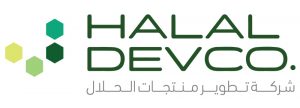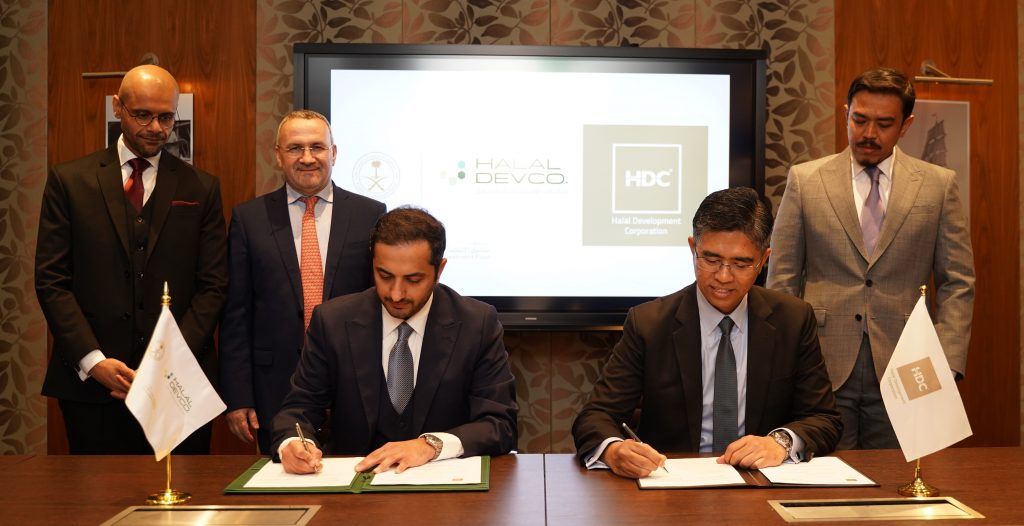 BEIJING — A major project promotion fair for international trade of halal products was held in Beijing on Monday morning. More than 200 companies from China, Malaysia and Indonesia attended the activity.
BEIJING — A major project promotion fair for international trade of halal products was held in Beijing on Monday morning. More than 200 companies from China, Malaysia and Indonesia attended the activity.
At the “Project Promotion Fair of Port Klang International Trade & Halal Industry Development Center”, the Malaysia China International Business Center, main operator of the Port Klang FTZ, signed strategic cooperation agreements with seven Chinese institutions, including China Economics Chamber of Commerce, Yinchuan Comprehensive Free Trade Zone and China Urban-rural Xiaokang Promotion Center, and etc.
“The Port Klang Halal Industry Development Center has full support from the Malaysian government”, said Mr. Ong Chong Yi, Minister Counselor (Economic) with the Embassy of Malaysia in China, “Chinese companies that choose to settle down will enjoy favorable policies on taxation, and customs.”
Mr. Liu Jiawen, deputy editor in chief of Xinhuanet.com, noted that the founding of the center is in the right time when the world economy slowly recovers and China starts to deepen its reform. It will encourage more Chinese companies to invest in Malaysia and promote bilateral economic and trade relations. It will also bring precious opportunities for Chinese companies who intent to enter Arabic countries and the wider Islamic world with the support of Port Klang FTZ.
“In just twenty days ago, sponsored by Malaysia-China International Business Center, Xinhuanet.com and Kuala Lumper Bureau of Xinhua News Agency, the Malaysian Channel of Xinhuanet.com went on line,” said Liu, “It broadcasts news reports in three languages, namely, Chinese, the Arabic and English. We will do our best to promote Chinese and Malaysian companies to the world.”
According to statistics, the development of Chinese Halal industries around the world is not so optimistic. The global trade volume reaches 2.1 trillion U.S. dollars every year, while that of China is only 210 million U.S. dollars, taking up less than 0.1 percent. The main reason is the lack of authorized Halal qualification.
So, “Chinese companies could utilize the transit logistics service at the Port Klang International Trade & Halal Industry Development Center to export products and technologies”, said Xia Baowen, Chairman of Malaysian China International Business Center.
“This will open a window for Chinese Halal enterprises,” Xia noted. With the help of the center, Chinese Halal enterprises will have a stable transit channel, which not only helps Chinese companies to obtain the globally recognized Malaysian Halal qualification, but also gives them access to hundreds of thousands of purchasers and much cheaper international raw materials.
To attract more enterprises, Port Klang International Trade & Halal Industry Development Center has absorbed international banking and financial services institutions, consultancy firms, international reception centers and comprehensive service centers. The center also has a professional marketing team to help companies promote products in Muslim world.
The Halal Industry Development Center, which covers a land of around eighty thousand square meters, is the core of Malaysian China International Business Center. Currently, many companies from China, Japan, South Korea, Singapore, Indonesia, Taiwan and Hong Kong have already decided to settle down in the center.



